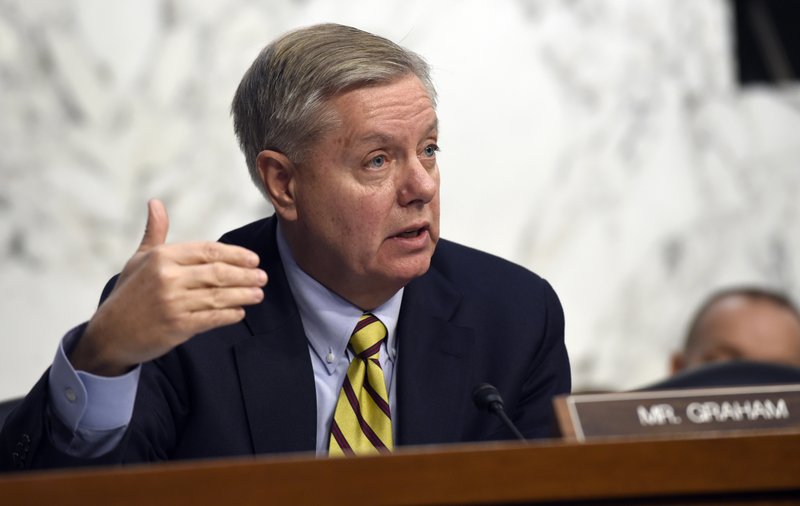WASHINGTON -- Top U.S. leaders and members of Congress reacted cautiously Thursday to the recommendations of an independent panel to change the military's retirement and health care systems.
The proposals, which would save more than $20 billion over the next four years, would allow some of the programs to operate more like existing federal employee systems and give service members and their families greater flexibility in their health care and retirement choices.
There were no recommended changes to military pay.
Lawmakers so far have been reluctant to tamper much with the benefits that America's troops and their families receive.
President Barack Obama said he will review the findings.
Defense Secretary Chuck Hagel said he would analyze the recommendations but noted he was glad to see the panel would grandfather in current service members, allowing them to keep their existing retirement benefits.
"There are no easy solutions to this challenge," said Rep. Adam Smith of Washington, the top Democrat on the House Armed Services Committee.
"Congress has struggled to address military pay and benefits for years, and I am hopeful that, after careful review, the commission's recommendations will present Congress with an opportunity to finally begin to address this issue."
The House panel's chairman, Rep. Mac Thornberry, R-Texas, said the commission tackled an important issue.
But, he said, "The services must compete with the private sector for talent. Our people are our most valuable resource, and the committee will want to thoroughly study the commission's proposals to understand how they will affect our ability to recruit and retain the top-quality individuals we need."
The Military Compensation and Retirement Modernization Commission unveiled its report Thursday, saying there is no need to overhaul the compensation programs, but many should be modernized.
"Reforms to the current compensation package should be judicious, targeted improvements that 'do no harm' to the bulk of the system," the report said, adding that the goal was to make the programs more efficient while ensuring that service members get the same or greater benefits.
The panel is recommending that the military's Tricare health care system largely be replaced, giving families the ability to choose from a wider menu of insurance plans, similar to those used by federal employees.
"TRICARE often limits access to care by confining beneficiaries to a lengthy and frustrating process for obtaining specialty care and to weak networks of civilian health care providers," the report said, adding that the problem is more profound for those who live in remote locations, including troops in the National Guard and Reserves.
"The Congress should replace the current health care program with a new system that offers beneficiaries a selection of commercial insurance plans."
Recognizing the difficulty of changing the entrenched systems, in many cases the panel grandfathered in current service members, allowing them to keep existing programs.
Veterans groups and other military associations also reacted with caution.
Retired Navy Vice Adm. Norb Ryan, president of the Military Officers Association of America, said the key concern is how the recommendations would affect the all-volunteer force.
"Our members say they cannot support reforms that negatively impact recruiting, retention and overall readiness," Ryan said.
Under the proposed changes, service members would still get free health care and would go through military treatment facilities.
Military family members and retirees would be able to choose from a variety of insurance plans and would receive an allowance to offset any premiums or co-payments required.
Recommended changes to the retirement benefits would also mirror what has gone on in the federal government and private industry.
Military members could continue to get their defined pension benefit, but they could also enroll in a thrift savings plan, like a 401(k), that would include some matching contributions from the government.
The change would allow troops to receive a least some retirement pay even if they don't stay on for 20 years, the minimum length of service required to receive a pension.
Other panel recommendations touch on a number of benefits, ranging from child care and commissaries to education programs.
The panel recommends merging the office and some management activities for base commissaries and exchanges that could lead to some property savings over time.
And it also recommends giving military leaders the authority to use funding to add child care facilities and staff members where needed.
Information for this article was contributed by Deb Riechmann of The Associated Press.
A Section on 01/30/2015

